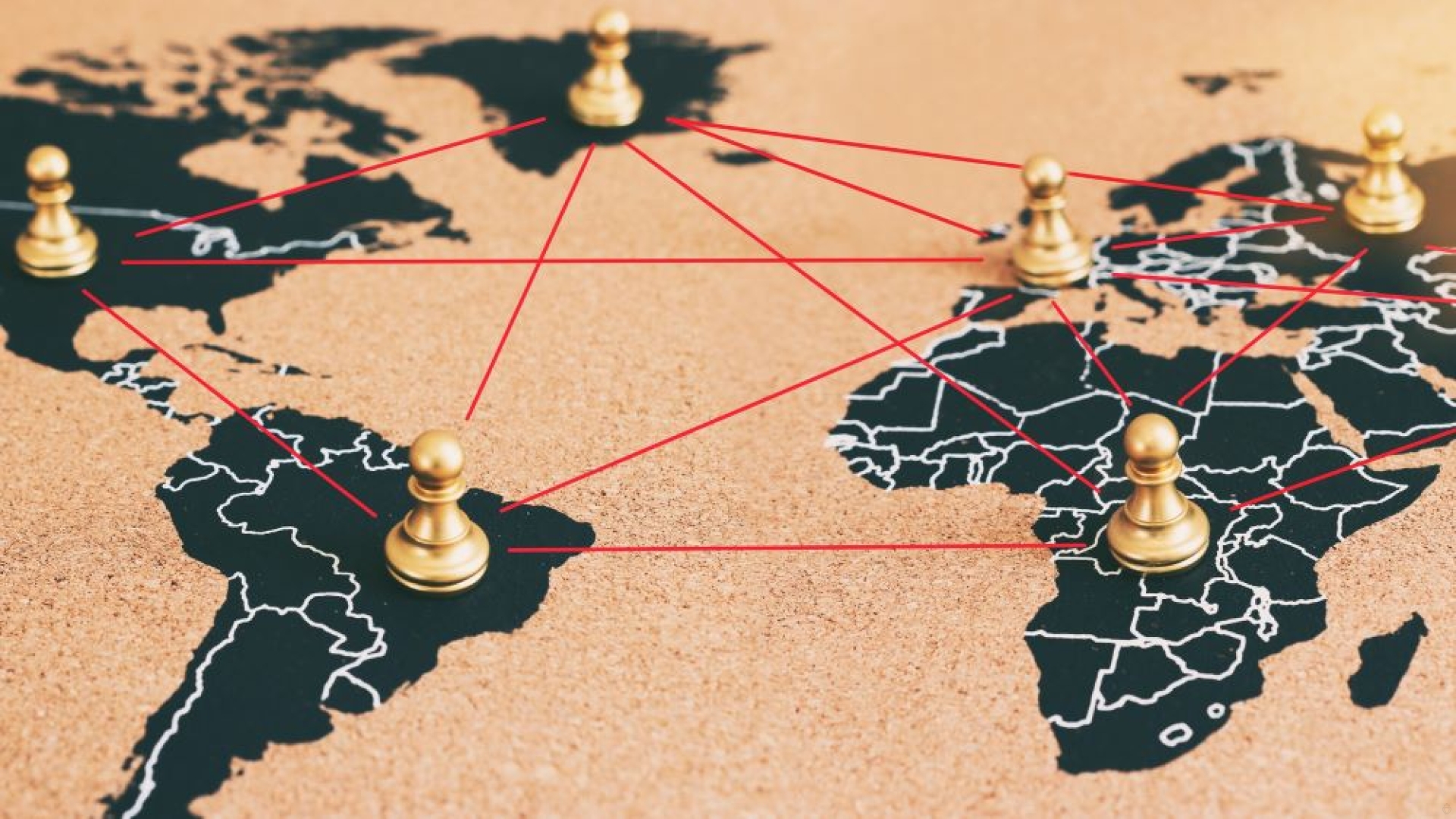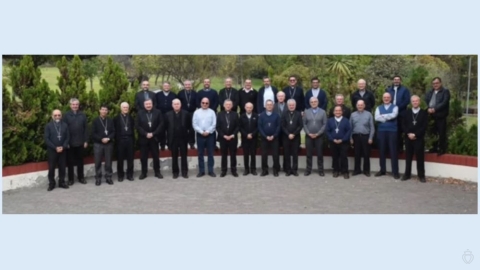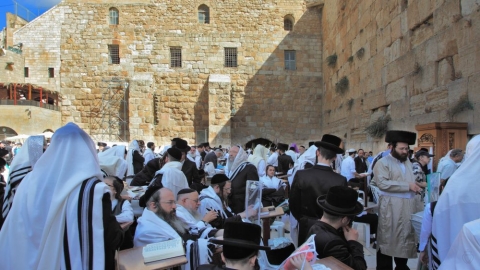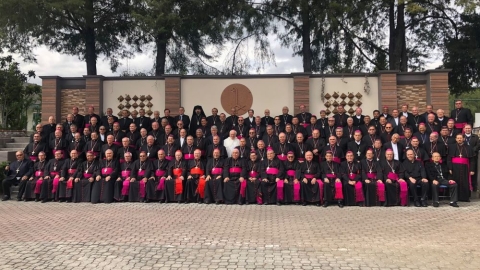A Conclave in a Time of Fraught Geopolitics

The next conclave will probably be unlike any other, except for the immutable rites. But beyond the usual predictions about the papabili mentioned by the press, what influence will global geopolitics exert on the election of the next pope?
It is not a question of prematurely burying Francis, who displays an unusual level of activity for an 87-year-old man, and who intends to carry out his duties as much as Providence allows him.
But it is of some interest to discuss the next conclave from the angle of geopolitical considerations, which seem to weigh heavily in a world that is economically globalized, but culturally and religiously fragmented.
Vaticanists propose various cardinals who could succeed Francis. The names put forward often focus on the Curia and the internal problems of the life of the Church. But other data can be used to weigh these assessments. It should be remembered that at the beginning of May 2024, the Sacred College had 128 voting members under the age of 80.
“93 were appointed by Francis, 27 by Benedict XVI, and 8 by John Paul II. 52 are European (including 14 Italians), 21 come from Asia, 17 from Africa, 16 from North America, 15 from South America, 4 from Central America, 3 from Oceania. 25 are or have been in office in the Roman Curia” notes La Croix.
One of these new voters explains: “It will be very difficult when we have to elect a new pope. We are from all over the world. We don’t know each other,” as recounted in La Croix. These findings suggest that geopolitics could play a more important role than usual in the choice of Peter's successor.
An Interesting Geopolitical Thesis
This thesis notes that six states play an increasing role on the world stage, as political scientist Cliff Kupchan writes in an article in Foreign Policy: Turkey, Indonesia, South Africa, Brazil, Saudi Arabia, and India. An article in Crux, the online magazine sponsored by the Knights of Columbus, attempts to assess the possible influence these countries may have on a future conclave.
Brazil, the largest Catholic country by demographics, has great influence in world Catholicism. “The political polarization is certainly deep between pro-Lula and pro-Bolsonaro Catholics,” notes Crux, but the current president maintains a privileged relationship with the Pope.
Muslim Turkey is closely scrutinized at the Vatican: “The Holy See shares with it the same political concern: that of not isolating Russia because of the war in Ukraine” notes Crux again, and Francis has several times recalled “the peace efforts carried out by Turkey.
As for Saudi Arabia, the Vatican “slowly but surely laid the foundations for ever closer ties” with it, concluding agreements for diplomatic relations with other countries in the region, notably in 2023 with the Sultanate of Oman, explains Crux again.
In India, “Catholics represent 1.5% of the population,” or 20 million people, notes the same newspaper, but “Catholicism enjoys very significant social capital because of its social works.” Despite Narendra Modi's nationalist turn, “New Delhi's position on global issues is often closer to that of the Vatican than to that of Washington or Brussels,” Crux concludes.
The situation is similar in South Africa where the 3.8 million Catholics represent 6.3% of the population: but the position of Catholicism there is “far more important due to the network of schools, hospitals, and other social works,” the same publication emphasizes.
In Indonesia, the most populous Muslim country in the world, the 8.3 million Catholics represent barely 3% of the population, but Catholicism is “one of the six officially recognized religions” explains John L. Allen Jr. in Crux and enjoys significant influence within society.
The importance of these six countries is partly due to their growing economies and their capacity in technological and scientific fields, which gives them a serious advantage in the future, according to the analysis by Foreign Policy.
On the other hand, they have a “skill in exploiting the rivalries between the United States, China, and Russia, alternately making concessions or imposing demands” on each of them, “without committing fully to one or the other,” remarks the Crux editor, echoing Cliff Kupchan.
John L. Allen Jr. concludes that the voices of these prelates – current or future – at the head of local Churches in these key states will be listened to during the election of the next sovereign pontiff.
However, it should be noted that none of them are cardinals at present, which seriously reduces their influence in the event of a conclave. Furthermore, it is probable – but not certain – that internal considerations of the Church will be predominant in the election of the next successor of Peter.
(Sources : Foreign Policy/Crux/La Croix – FSSPX.Actualités)
Illustration : Photo 215324254 © Tomert | Dreamstime.com





